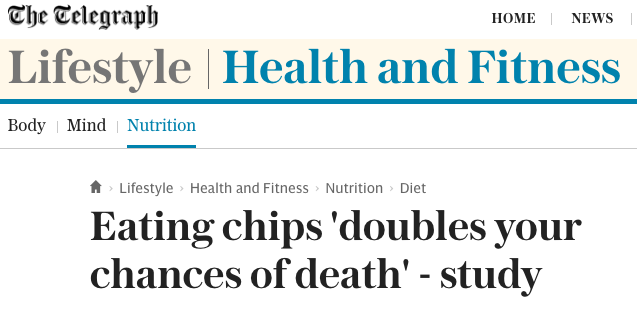Replicate vs. reproduce (or vice versa?)
Lorena Barba, "Terminologies for Reproducible Research", arXiv.org 2/9/2018:
Reproducible research—by its many names—has come to be regarded as a key concern across disciplines and stakeholder groups. Funding agencies and journals, professional societies and even mass media are paying attention, often focusing on the so-called "crisis" of reproducibility. One big problem keeps coming up among those seeking to tackle the issue: different groups are using terminologies in utter contradiction with each other. Looking at a broad sample of publications in different fields, we can classify their terminology via decision tree: they either, A—make no distinction between the words reproduce and replicate, or B—use them distinctly. If B, then they are commonly divided in two camps. In a spectrum of concerns that starts at a minimum standard of "same data+same methods=same results," to "new data and/or new methods in an independent study=same findings," group 1 calls the minimum standard reproduce, while group 2 calls it replicate. This direct swap of the two terms aggravates an already weighty issue. By attempting to inventory the terminologies across disciplines, I hope that some patterns will emerge to help us resolve the contradictions.
Read the rest of this entry »

